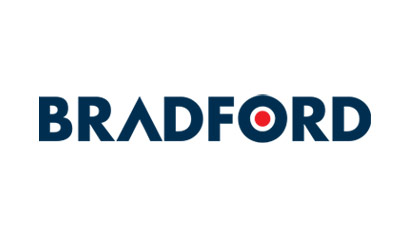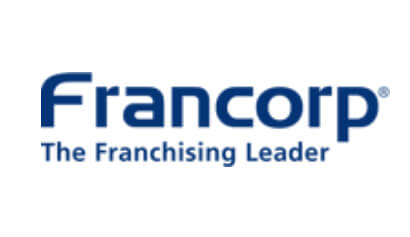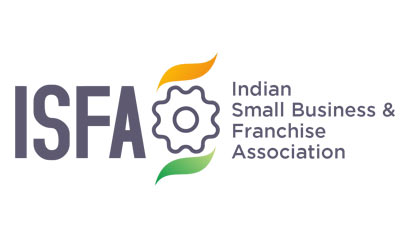To get access to over 10000+ Franchise Business Opportunities.
Network with the growing Business Community to get expert interventions to let you learn to Grow & Expand your Business with Franchising.
It would not be wrong to say that it is due to the concept of franchising that education has developed to its present stature. It was in late 90s that franchising made its foray in the Indian market, at the same time when the education sector had started
TILL the end of last decade, there were very few career options in the education field with only medicine and engineering as the basic courses. However, the beginning of 2000 witnessed a sea-change in the education scenario with the introduction of novel and unique courses. Franchising can undoubtedly be considered as one of the most propelling factors in the evolution of education.
Evolution
The beginning of year 2000 saw the rising opportunities in IT sector with computer education attracting many young people. As informed by Major K.V. Rajan, Executive Director, Amoha Education (P) Ltd (Vita), “The last decade has seen a quantum jump in the education sector. IT education got more prominence with the coming up of many private institutions, which spread across the nation through franchising.” NIIT and Aptech were the beginners of this trend and continue to maintain their stronghold in the sector. It was in 2004-2005 that the concept of pre-school education emerged in India. Prior to that, there were lot of unorganised crèches, which took care of kids while parents were busy. Working women, concept of nuclear homes, rise in disposable income, awareness amongst parents about quality pre-school education were few factors that gave rise to this concept. Franchising in the pre-school category began in early 2000. Nanette D’Sa, CEO, Brainworks, said, “In my opinion, pre-school should have emerged before the IT sector, as it is the foundation for kids. Nevertheless, the pre-school education has gained a lot of success and is sure to rise in future as well.” Most of the pre-schools started their expansion via the franchise route due to the innumerable benefits of this business model. Eurokids established in 2001 was among the pioneers in this format. It was followed by other K-12 institutes like Kidzee, Kangaroo Kids, Shemrock, Applekids , Bachpan, Jumbokids, Mother's Pride, etc, who took the franchise route.
There has been a rise in the demand of supplementary education in the last few years. As expressed by Gulraj Shahpuri, Founder, Promise, “The trend is towards supplementary education, whereas few years ago, we saw extraordinary growth in the pre-school segment. What we do in Promise (personality development, counselling and mentoring) is certainly not a fad but a definite trend. More and more parents are insisting that schools integrate such things in the curriculums.”
Business potential
The unique aspect of education business is that it has more potential for women than men. This can be seen by the number of women entrepreneurs who have been venturing successfully into the education sector. As informed by Kavita Jain, VP, MDN Edify Education, “The thing that attracts women to education franchising is the short working duration. It is usually seen that women prefer taking franchises of pre-schools and even franchisors prefer women entrepreneurs.” Shahpuri, informs, “Most of our Centre Directors are women. Starting your own Promise™ Centre is easy for anyone, even ambitious house ladies.” D'sa, shares, “ Women are innately gifted to take care of kids. Children also learn more quickly and feel more comfortable with women teachers. This can be one of the factors for more women in the education sector.”
There are fewer international brands in the education sector as compared to the F&B or the retail sector. Jain informs, “A reason for lesser foreign brands in India can be the vast difference in the teaching curriculums among the nations. In US, a child learns to start writing at the age of nine while the case is different in India.” However, now, India may witness influx of many international brands. Anjum Malik, Founder and MD, Alhambra US and VP, House of Tutors Learning Centres, said, “We have plans to enter the Indian education sector via franchising. We are looking at the education scenario before making an entry.”
Franchisability
This sector offers tremendous business potential for aspirants. However, prospective franchisees should have some basic characteristics. Shahpuri says, “The most essential thing for franchisees is to find out if education franchise is the right fit for them. Then, a franchisee needs to invest around Rs 6 lakh.” Saurabh Saxena, Director, Mexus Education, states, “Investment depends upon the business model as well as the location of setting up the centre. It can range from Rs 50,000 to Rs 8 lakh.”
Expansion
The sector has a bright future in terms of franchising. Shahpuri informs, “We have 42 franchisees right now and are growing. The goal is not to have a lot of franchisees, but to have a lot of franchise centres. Most of our initial franchisees are at a stage now where they are either taking their second or third centre from us. There will be more than 200 Promise™ centres throughout India by year 2012.”
Flip side
This sector has few challenges. As Anjum Malik informs, “The franchisor as well as franchisees are playing with the future of the kids. Therefore, one has to be sure and totally dedicated to the enterprise before entering the education sector.” The education sector has come a long way in the last decade but still has a long way to go.


Business Opportunities
Browse By Investment Range
Browse By States
Popular Cities















